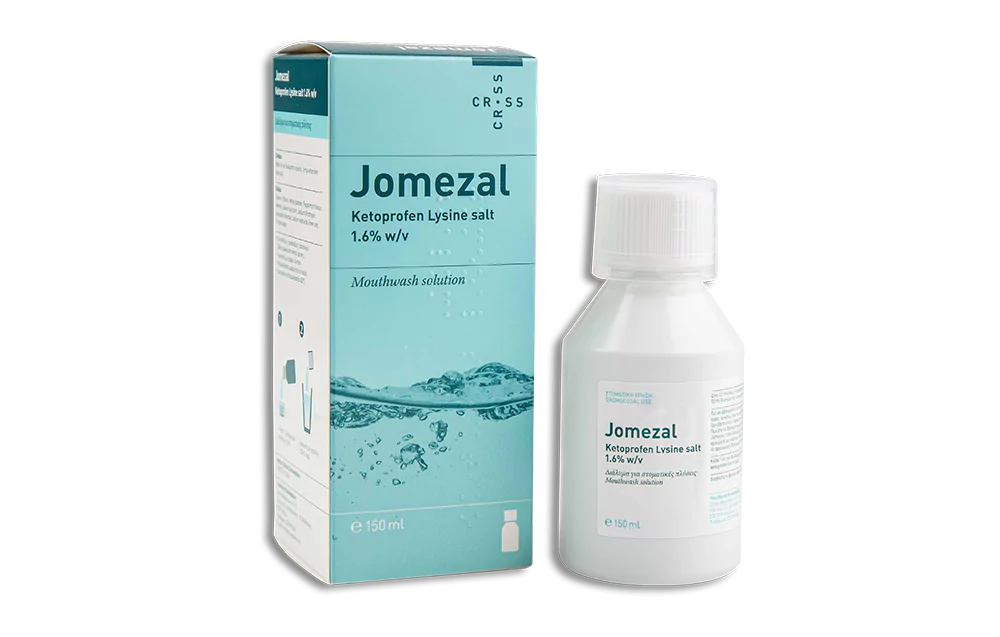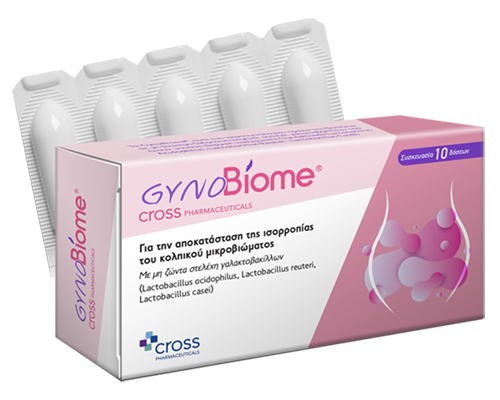If your gut could talk: 10 things it would tell you

Your body is in a constant channel of communication with you and the environment. So it’s time to learn to speak the language of your gut!
Our gut has multiple roles and makes sure the body is in a functional state. As food is metabolized through the gastrointestinal tract, nutrients are absorbed and used for energy production, hormone production, skin health, mental health, proper immune system function (70% of the immune system is located in the gut1), and even to remove toxins and debris from the body.
And the gut may not have a voice of its own, but that doesn’t mean it doesn’t communicate with you. How? By a form of biological code, made up of signs that you have to recognize.
Are you going to the bathroom on time?
Everyone’s toilet schedule is highly personal. It can happen from 3 times a week, to 3 times a day. However, each bowel follows its own schedule. To clear the landscape, the time required for food to move along the gastrointestinal tract ranges between 24 and 72 hours.
If your toilet schedule is disrupted, then this is a sign of constipation. There are many causes of constipation: dehydration, fibre-deficient diet, thyroid disorders, etc. Always keep in mind to stay adequately hydrated and include plenty of fruits and vegetables in your daily menu.
Processed foods are invaders!
Processed foods cause inflammation in the gastrointestinal tract, the same place where nutrients should – physiologically – be absorbed. ‘ When the gut does not recognize our food as ‘metabolizable’ it categorizes it as ‘invader’. This triggers an inflammatory response and so body fights – literally – these foods as if they were pathogens.
You can go for unprocessed foods, such as fruits/vegetables/organic meats, if you want to reduce organic stress.
Not always the biggest fan of gluten!
More and more studies2 suggest that gluten increases the permeability of the intestinal epithelium and leads to what we call “leaky gut”, even if you don’t have celiac disease. This results in undigested food particles, faeces and pathogenic micro-organisms penetrating the intestinal barrier, entering the bloodstream and causing inflammation and disease.
Consult your gastroenterologist to get special tests to see whether or not your gut is cooperating with gluten.
Loneliness without the prebiotics!
If you’ve recently taken antibiotics, you’ll need to help your gut make friends again. Antibiotics work without selectivity, killing all microorganisms (friendly and non-friendly, pathogenic and non-pathogenic), including the probiotics lactobacillus & bifidobacterium.
Prebiotics, such as onions, garlic, asparagus, bananas, legumes are the food of probiotics, contributing to their growth, restoring the balance of the intestinal microbiome and promoting intestinal symbiosis.
Another helping of sauerkraut, please!
Along with prebiotics, the gut needs a healthy amount of probiotics to function optimally. Fermentation products such as sauerkraut, miso, tempeh, kombucha, kefir contain live bacterial strains.
If you are not getting enough probiotics in your diet, discuss with your doctor whether you should take a probiotic supplement.
We at CROSS recommend LactoBiome. The innovative nutritional supplement with probiotics, prebiotics and B vitamins helps to rapidly restore the balance of the intestinal microbiome with 5 billion live bacterial strains. Learn more about LactoBiome here https://microbioma.gr/lactobiome/
Are you a little down? Maybe it’s your food!
As we have said here before, the gut and our brain are in constant communication with each other and influence each other with special signals called neurotransmitters. One of the best known neurotransmitters is serotonin, which is responsible for the feeling of joy. We know that 95 % of serotonin is produced in the digestive system and not in the brain. So, if your mood is not at its best or you feel lethargic and tired, you should probably take a closer look at your diet, because it has to do with the digestion of the food you have consumed.
Get some more sleep!
Although the relationship between gut and sleep is still being researched, evidence has been found that a balanced gut microbiome affects sleep quality and vice versa. Getting enough sleep reduces cortisol levels in the blood and ensures the gut has the necessary time to rebuild for the next day.
The tortoise beat the hare because it was going slow and steady!
Chewing slowly is a lifesaver for your bowel health. What it actually does is signal the start of digestion, which begins with chewing, and prepares the body much more smoothly for food metabolism.
Relax the mind to relax the gut!
The more relaxed you are, the better you can nourish your body. Stress is capable of changing the entire physiology of the gut. Research shows3 that meditation helps reduce the distressing symptoms of intestinal disorders.
No news – good news!
If your bowel is not bothering you with noises, pains, discomfort, gas, then you are doing fine. If it could talk it would thank you for taking care of it and eating healthy!
Sources:
https://www.ncbi.nlm.nih.gov/pmc/articles/PMC2515351
https://www.ncbi.nlm.nih.gov/pmc/articles/PMC4377866
https://journals.plos.org/plosone/article?id=10.1371/journal.pone.0123861



